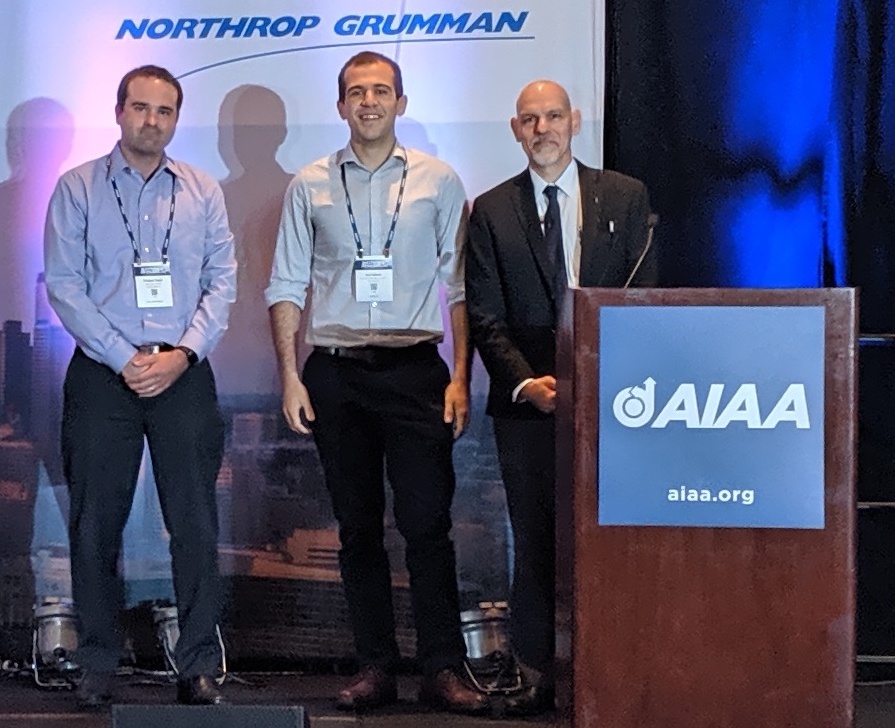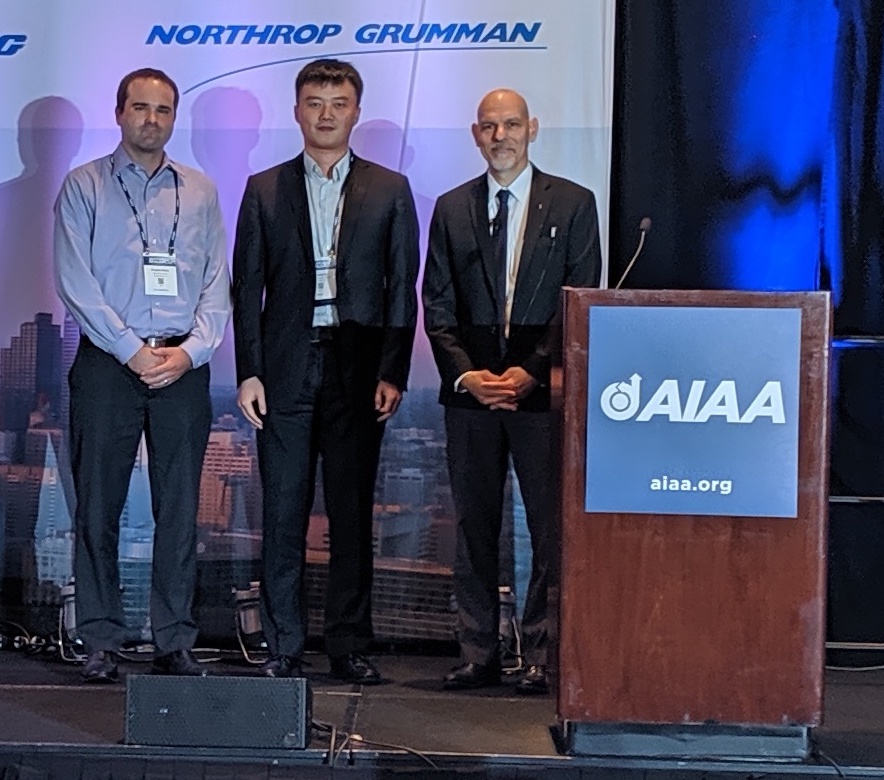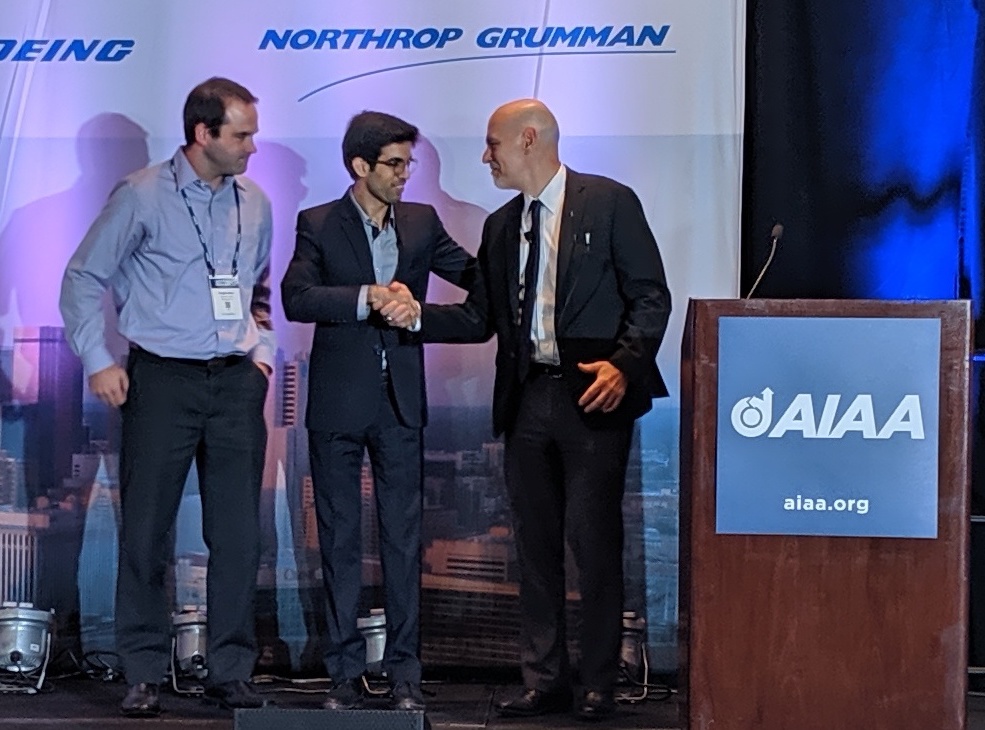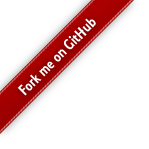July 16, 2019
by Justin Gray
Comments Off on October 2019 OpenMDAO Workshop!
NASA Glenn Research Center will be hosting a public OpenMDAO workshop on October 28 – 29th, 2019 in Cleveland Ohio. We will be meeting at the Ohio Aerospace Institute.
The primary goal for the workshop is for the broad user community get a chance to interact directly with the OpenMDAO development team in order to discuss the current and future development of the framework. We want to focus on topics surrounding current functionality and future development. In other words, we want to talk about what is working and what is not working right now, and hear about things the community would like to see for future development. Your input will help us figure out our long term development roadmap, so this is your chance to have a voice!
Click here to register for the workshop. There is no cost to attend the workshop, but we will be offering an optional catered lunch each day that will cost ~$30 (total for both days).
We are looking for community members who want to give 15 minute talks about their use of OpenMDAO. There is a space on the registration form to indicate if you would like to present. We have space for between 8-12 talks in the schedule, though if there is a lot of volunteers with good topics we will potentially devote more of day 2 to additional talks.
We need to have a head-count for the workshop, so registration is going to close on September 1st, 2019. Please register ASAP and if you are interested in giving a talk then REALLY register ASAP so we can start to figure out the presentation schedule.
Schedule:
October 28:
8:50 Opening Remarks (Justin Gray)
9:00 Overview of evolution of derivative computation, coupled adjoints, and OpenMDAO (Joaquim Martins)
9:30 Level-Set Topology Optimization in OpenMDAO with Cython (Carolina Jauregui)
10:00 Using OpenMDAO as a collaboration platform for a large design team (Eric Hendricks)
10:30 Exploration of active aeroelastic tailoring on the D8 aircraft in OpenMDAO (Tim Brooks)
11:00 Challenges and encountered when wrapping ParOpt and TACS in OpenMDAO (Graeme Kennedy)
11:30 Growing pains for building WISDEM on OM (Garett Barter)
— lunch —
1:00 Demo: Introduction to the openmdao command line tool (Bret Naylor)
1:30 Demo: Using the N2 diagram to inspect your model (Ken Moore)
2:00 Demo: Two new UI concepts for N2 diagram (Herb Schilling)
2:30 Demo: Using MMView to inspect a metamodel (Danny Kilkenny)
3:00 Building an automated install script for the OpenMDAO Dev Cluster local cluster (Tad Kollar)
3:30 OpenMDAO Development Roadmap (Justin Gray)
October 29:
9:00 Modeling Fluid Structure Interaction with CFD in OpenMDAO (Anil Yildirim)
9:30 How Supaero and Onera use OpenMDAO for MDAO Research (Joseph Morlier)
10:00 OpenMDAO Usage for Launch Vehicles (Mathieu Balesdent)
10:30 Orchestrating Model-Based Systems Engineering with OpenMDAO (Santiago Balestrini)
11:00 Large-scale wind farm optimization and integrating Julia with OpenMDAO (Andrew Ning)
11:30 Using OpenMDAO and OpenAeroStruct in the classroom (John Jasa)
— lunch —
1:00 Demo: How to setup and run a pyCycle model (Eric Hendricks)
1:30 Tutorial: Building Models with Analytic Derivatives (John Jasa)
2:30 Tutorial: Solving Multidisciplinary optimal control problems with Dymos (Rob Falck)
Any questions can be directed to justin.s.gray “at” nasa.gov




